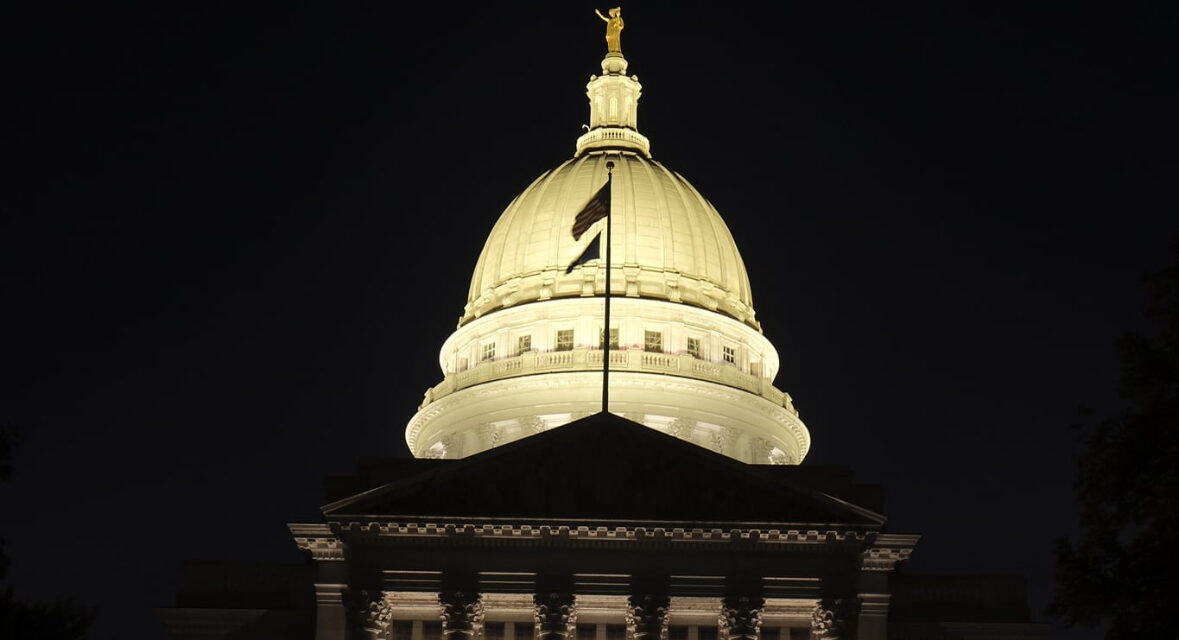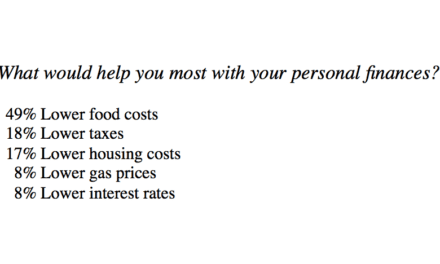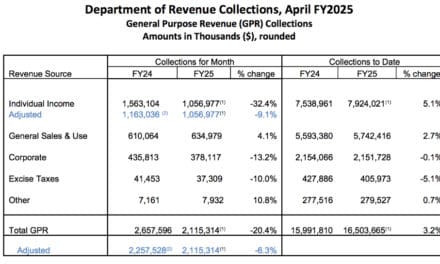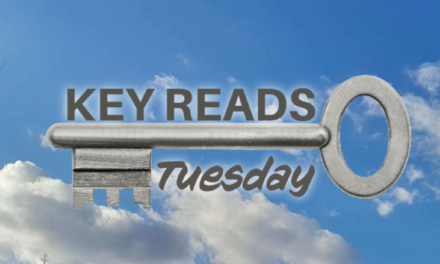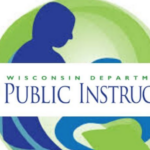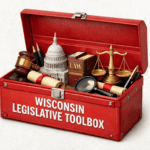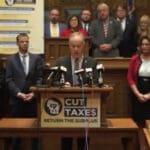It’s June, but it may as well be Groundhog Day.
Wisconsin’s budget negotiations are once again unraveling, with Gov. Tony Evers blaming Republicans for a breakdown in talks, while GOP leaders say the governor’s demands would bust the bank.
In a statement, Evers said: “I told Republicans I’d support their half of the deal and their top tax priorities—even though they’re very similar to bills I previously vetoed—because I believe that’s how compromise is supposed to work, and I was ready to make that concession in order to get important things done for Wisconsin’s kids.”
“Unfortunately,” he continued. “Republicans couldn’t agree to support the top priorities in my half of the deal, which included meaningful investments for K-12 schools, to continue Child Care Counts to help lower the cost of child care for working families, and to prevent further campus closures and layoffs at our UW System. So, today, Republicans decided not to move forward with any more bipartisan negotiations with me.”
Legislators and the Governor went nearly two months without in-person budget discussions, However, they have met frequently in the past week. Evers said the breakdown in discussions was not his fault.
“We’ve spent months trying to have real, productive conversations with Republican lawmakers in hopes of finding compromise and passing a state budget that everyone could support—and that, most importantly, delivers for the people of Wisconsin,” said the Governor.”
Republican leaders, not surprisingly, have a different point of view. Senate Majority Leader Devin LeMahieu (R-Oostburg) and Joint Finance Co-Chair Howard Marklein (R-Spring Green) fired back, accusing Evers of pushing for unsustainable levels of spending.
“Unfortunately, those talks have reached an impasse,” their joint statement read. “Governor Evers’ spending priorities have extended beyond what taxpayers can afford.”
They insisted that the legislature would still pass what they described as a “responsible” budget, confident that Evers—despite the current finger-pointing—would eventually sign it, as he has done with the last three GOP-authored budgets .
Yet, Assembly Republicans extended an olive branch.
Assembly Speaker Robin Vos (R-Rochester) and Assembly Finance Co-Chair Mark Born (R-Beaver Dam) also issued a joint statement. In it, they said, “We would like to thank Governor Evers and his staff for engaging in good-faith negotiations to try to reach consensus on large portions of the state budget. Assembly Republicans remain open to discussions with Governor Evers in hopes of finding areas of agreement, however after meeting until late last night and again this morning, it appears the two sides remain far apart.”
So, what’s next? Vos and Born were clear.
“The Joint Committee on Finance will continue using our long-established practices to craft a state budget that contains meaningful tax relief and responsible spending levels with the goal of finishing on time,” they said.
LeMahieu and Marklein echoed those sentiments: “The Joint Committee on Finance has successfully crafted three consecutive budgets that were signed by Governor Evers. We are confident that the legislature will pass a responsible budget that the governor will sign into law.”
The fiscal year ends at the end of this month. However, under Wisconsin law, the government does not shut down if a new budget is not signed into law by then. Agencies continue to spend according to last years’ levels. The inflationary rise in the cost of goods and services, however, would begin to pinch some departments in short order.
This marks a familiar cycle in Madison: early nods toward bipartisanship, followed by hardened positions and public blame games. While both sides claim to want a deal, Evers appears poised to shift from negotiation to confrontation, perhaps betting that Republican infighting or public opinion might eventually force movement.
Whether anything changes before the fiscal clock runs out remains to be seen—but no veteran Capitol observers are surprised to see where things now stand.

